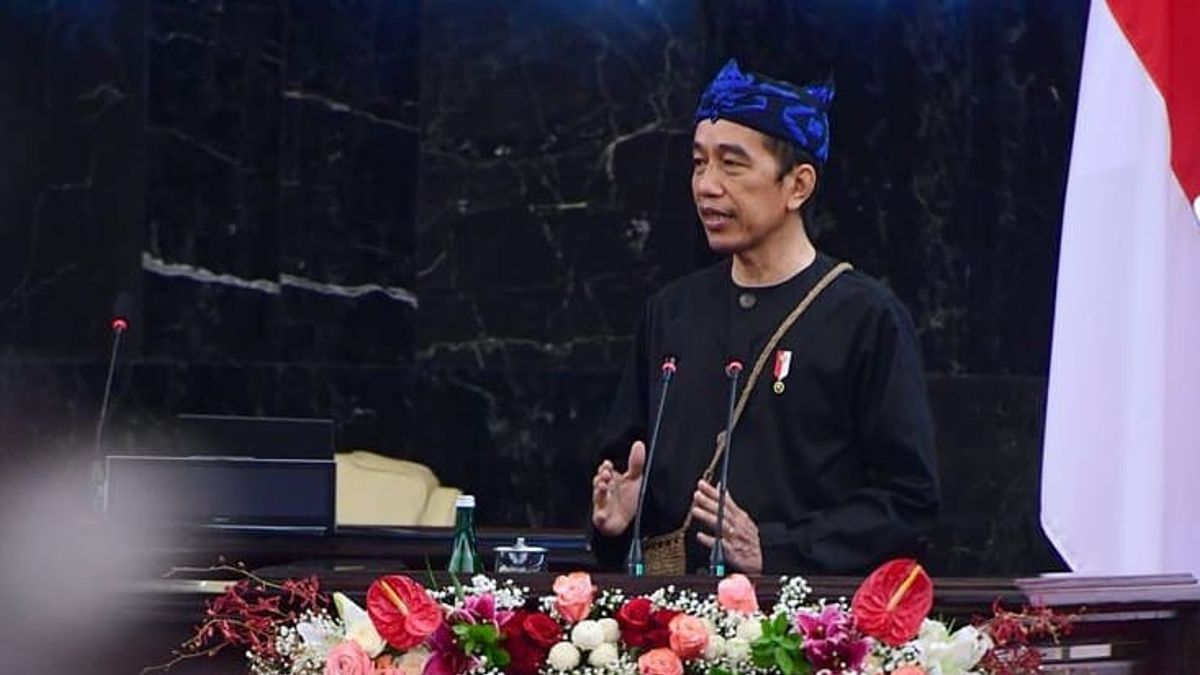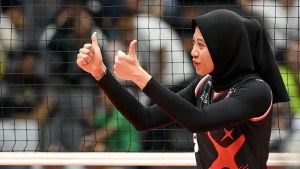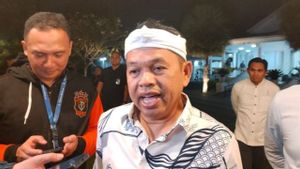JAKARTA - President Joko Widodo (Jokowi) did not mention corruption in his state speech at the Annual Session of the Indonesian People's Consultative Assembly together with the Indonesian House of Representatives to welcome the 76th Indonesian Independence Day.
This then begs the question. Is it true that the time allotted for giving speeches is not enough or is it because President Jokowi's government has lost its commitment to eradicating corruption?
During his state speech in approximately 40 minutes, President Jokowi only once mentioned the word 'corruption' when he said the acronym for the KPK, namely the Corruption Eradication Commission. This also happened when the former Governor of DKI Jakarta expressed his gratitude to a number of state institutions who have been consistent and productive in their work despite the ongoing COVID-19 pandemic.
"I would like to express my deepest gratitude to state institutions, as well as to Bank Indonesia (BI), the Financial Services Authority (OJK), the Deposit Insurance Corporation (LPS), the Corruption Eradication Commission (KPK), and the Ombudsman of the Republic of Indonesia, including The General Elections Commission (KPU) and the General Elections Supervisory Body (Bawaslu), for their consistent and productive support so far," he said while delivering a state speech that was broadcast online on Monday, August 16.
For the rest, Jokowi did not mention corruption or his commitment to eradicating hooligan practices in the midst of a pandemic.
Due to lack of time

Jokowi's absence from discussing corruption in his state speech was then responded to by the Special Staff of the Minister of State Secretary (Mensesneg) Faldo Maldini. According to him, this happened because of the limited time to deliver a speech so that Jokowi was not free to convey other issues.
"Of course, due to the limited time in the speech, the President cannot highlight all the issues in his state speech this time," Faldo told reporters, Monday, August 16.
He ensured that President Jokowi remained committed to eradicating corruption. This, said Faldo, is evidenced by efforts to bring good governance and innovation in bureaucratic reform, one of which is by presenting Online Single Submission (OSS).
"With the OSS, it also means breaking the potential chain of corruption in the bureaucracy, this is also a commitment shown by the president. Not only with words, but we are responsible with work and fulfilling responsibilities," said Faldo.
Put aside commitments to fight corruption
The palace represented by Faldo may argue that the absence of discussion about corruption is based on time constraints. But for Indonesia Corruption Watch (ICW) researcher Kurnia Ramadhana, this actually indicates that the government is setting aside its commitment to fight corruption.
"From the many pages of the state speech, there is one crucial issue, namely the loss of discussion related to eradicating corruption. Of course this indicates that the government is increasingly putting aside its commitment to fighting corruption," he said in a written statement received by VOI.
According to him, it is difficult not to mention that the future of eradicating riots will be even more worrying. Moreover, referring to the Indonesian Corruption Perception Index (CPI) issued by Transparency International, it is now deteriorating because it has dropped three points from the previous year to 37.
Kurnia also said that it is now easier for the public to identify a number of government policies that contradict the eradication of corruption over the past year. Thus, this is an illustration of the government's error in formulating policies.
"Instead of strengthening what happened, the opposite happened. The government was one of the masterminds behind the weakening of the corruption eradication agenda," said the anti-corruption activist.
In addition, there are four other things that ICW underlined from Jokowi's speech, namely the lack of completion of arrears in legislation to support strengthening the eradication of corruption; neglect of supervision of law enforcement performance; the failure of the government to create good governance due to the large number of concurrent positions; and the government's failure to manage the handling of the COVID-19 pandemic.
"Starting from the corrupt practice of social assistance that ensnared the former Minister of Social Affairs, the plan for a paid vaccine, the conflict of interest of public officials regarding the Ivermectin drug, and lastly regarding the policy of setting rates for PCR examinations which should be reviewed, including access for people with weak economic classes," said Kurnia.
So, with these various problems, it is only natural that people question the government's commitment, especially President Jokowi, in eradicating corruption.
"If it is related to the president's state speech, it is natural for people to question the government's seriousness in efforts to eradicate corruption," he concluded.
The English, Chinese, Japanese, Arabic, and French versions are automatically generated by the AI. So there may still be inaccuracies in translating, please always see Indonesian as our main language. (system supported by DigitalSiber.id)











